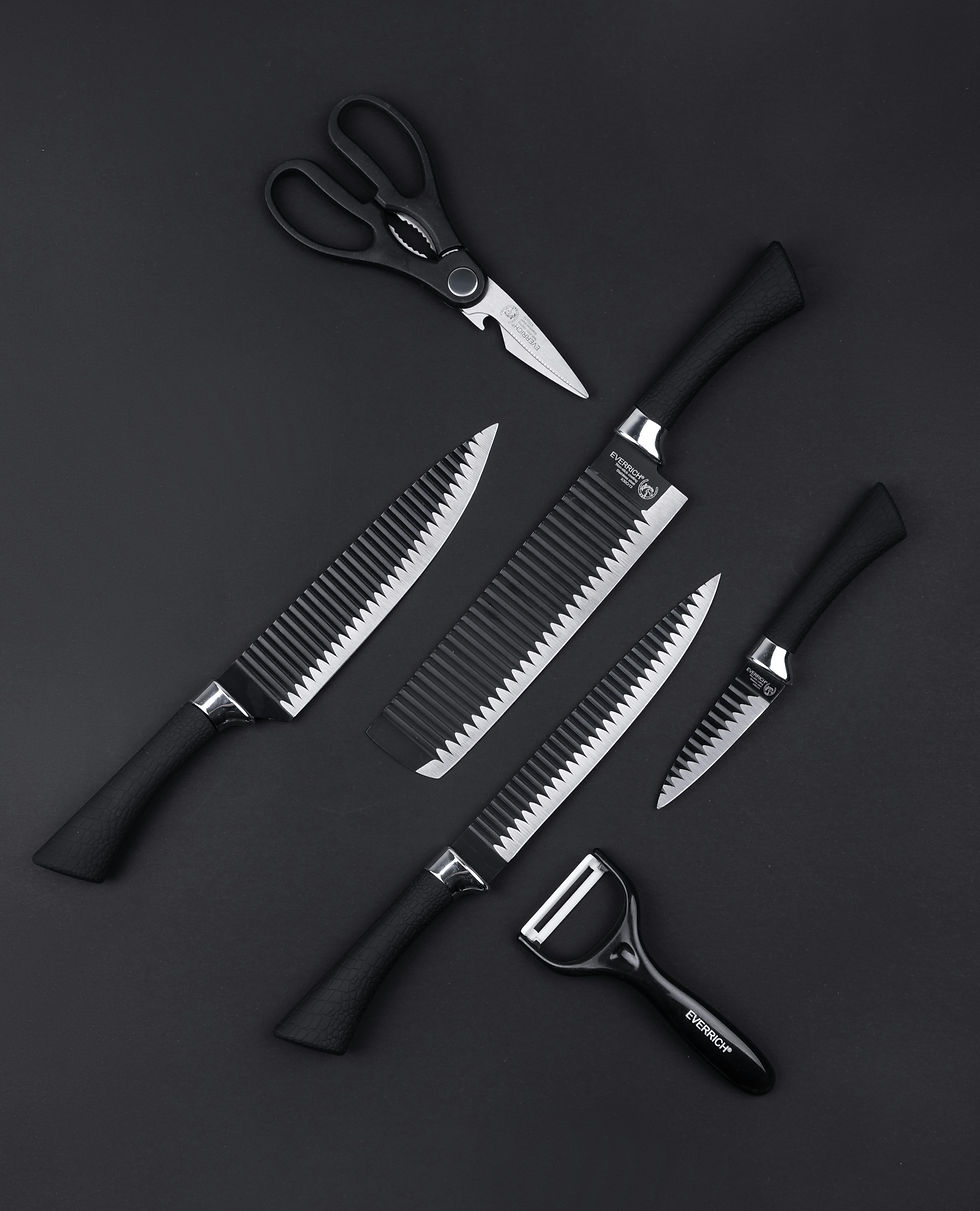Staying Safe Around Sharp Objects
- Mateo
- Dec 6, 2024
- 4 min read
Updated: Dec 8, 2024
We are surrounded by and use sharp objects every day, to the point where we likely don’t even recognize the danger we’re dealing with after a certain point.
Forgetting the dangers of sharp objects is hazardous, though, as this means you’ll make more mistakes and may hurt yourself in an accident. The following advice is meant to help with that.
Below, you’ll find information on how to handle sharp objects safely, from needles to knives. Once you understand these tips and remove the dull ignorance you’ve gained by being surrounded by them all of the time, then make sure you brush up on the safe methods for disposing household sharps waste.

Needles
While it may seem strange for some of us needles are a common part of many peoples lives. More often than not, they’re used for administering medications to keep people functioning or alive.
Diabetes is an example of this, though many other conditions also are treated by self-administering medicine with a needle at least once a day. Even if you’re not someone in this unfortunate position you may end up needing to inject yourself with a needle one day, so it’s a good idea to understand needle safety.
The biggest tip to note is to never share needles because you’ll transfer small amounts of the medication, blood and other fluids to the other person which can have disastrous consequences, from causing illness to starting a negative reaction of some form. Even needles that you’ve cleaned should never be shared with another person.
If the needle comes with a safety cap to prevent you from being scratched or poked, leave it on until you need to use it and keep the sharp tip pointed away from everyone until it's time for the injection.
Should the needle be able to be reused, keep it in a safe place to prevent someone from being injured by it and toss it in a sharps disposal bin or follow your doctor’s instructions for getting rid of needles that can’t be reused.
Glass
Most often we end up needing to deal with sharp glass after an accident. We drop our drinking glass or plate or, if we’re really unlucky, a light bulb explodes or a snowglobe bursts. When this happens, stop and don’t panic. Do not grab any pieces of glass with your bare hands. Get yourself and anyone around you away from the glass if possible.
Once you’re away from the mess and you’re sure you don’t have glass on you, grab protective gloves, shoes if you don’t already have them, eye protection of some kind, a broom and a vacuum. Extra lighting is also a good idea since the glass shard will sparkle and reflect the light.
Without kneeling down, pick up large shards with your gloves and place them in a safe disposal container. If the accident occurred on a sweepable surface, use the broom to collect as many shards as possible.
If not then jump straight to the vacuum and yes, you’ll vacuum after sweeping; you may have missed some shards. Vacuum as much as you can, even if you don’t think glass traveled to a location. Also make sure to vacuum the bottoms of your shoes as an extra precaution.
Shine a flashlight around the surface to make sure you got all of it before carefully emptying the vacuum and safely disposing of the glass shards. If you find more glass later, bust out the vacuum again and perform first aid where necessary.
Knives
The danger of knives is well understood, but you may have forgotten some of the safety tips. An easy one that we often forget is to never use your kitchen knives for anything other than food preparation.
Not only will opening boxes or packaging dull the knife used, it is also another opportunity to accidentally hurt yourself. Instead, use box cutters, scissors or other tools designed to open boxes and cut packaging.
Ironically enough, the best way to ensure your safety when using a knife is to keep it sharp. Sharp knives will quickly and easily cut through food while dull knives require more force to use and take longer to cut which opens the door for slippage and injury.
When your knives are dull, you can either sharpen them yourself or find a reliable and safe service to do it for you. There are plenty of tips to find online to safely sharpen your blade so it is perfect for your next meal-prep session.
One more important tip about knife safety is to hold it correctly. Make sure the blade is always facing the ground and angle yourself away from the sharp edge. If you’re feeling a bit unsure about your knife-handling skills but you can’t avoid using them for whatever reason then you can wear cut-resistant gloves to reduce the chances that you’ll harm yourself, but they are by no means necessary; you’ll just need to be extra careful without them.
While everything mentioned up until this point is important, there is one saying in knife safety that will save you from pain quite a few times: a falling knife has no handle. If you drop a knife, get out of the way and don’t try to catch it or you may catch the blade and hurt yourself.


